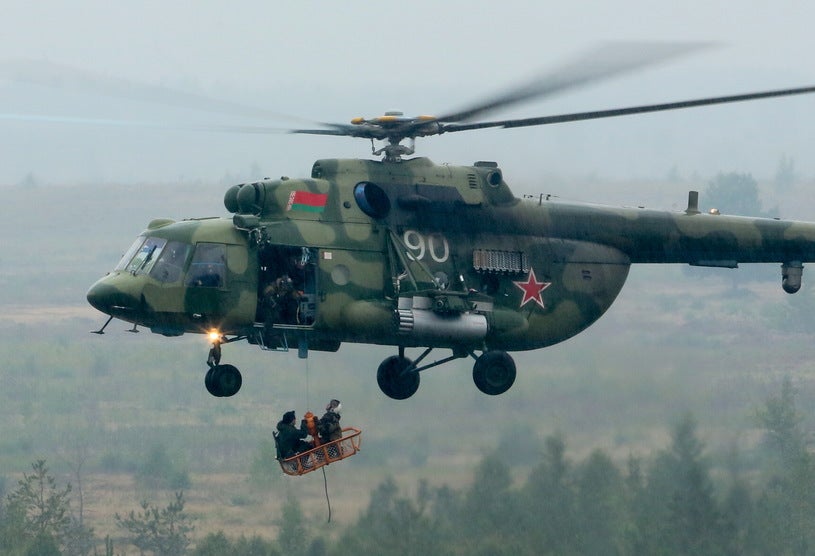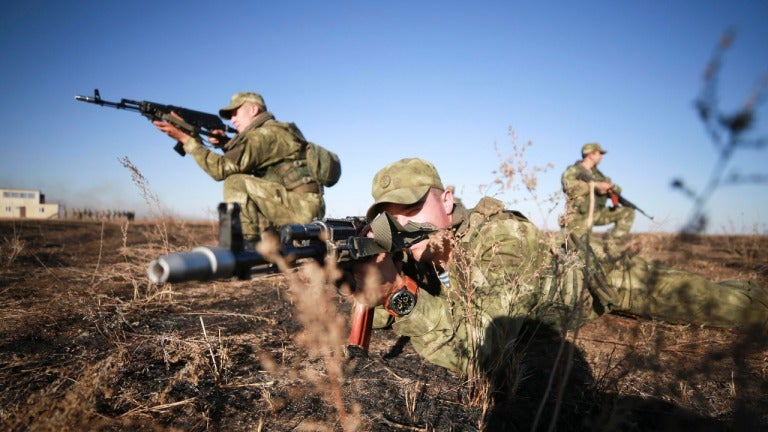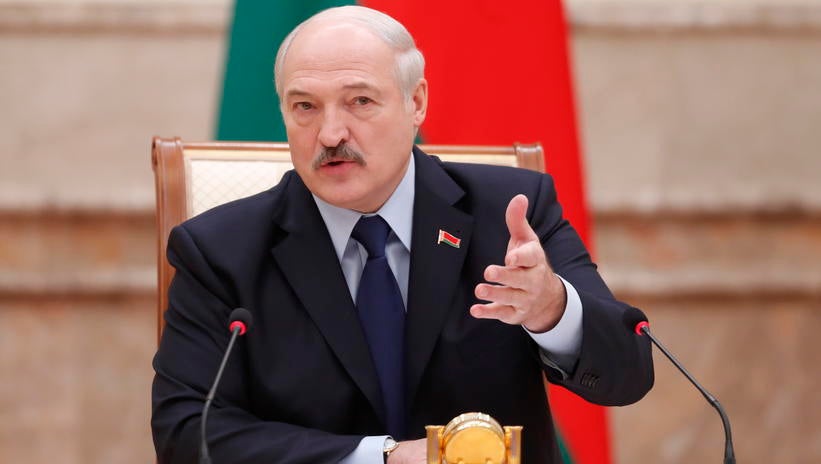Belarus Mobilizes its Army on the Polish Border
Since the presidential election of the 9 August, the turmoil within Belarus increased exponentially. Major protests continue to take place in Minsk, Grodno, Brest, Vitebsk and other major towns and cities of President Alexandr Lukaszenka’s state. Belarussian protesters, however, are not the only ones mobilizing. The Belarusian Army stands remains loyal and some of its components have been deployed around the country. What is perhaps most concerning is the narrative put in place by the Belarusian government, claiming, that its neighbors are responsible for the discontent within the nation.
Lukashenka’s Claims
President Lukashenka, speaks openly about Polish interference in the Belarusian matters. “Polish flags are already being flown in Grodno” claims Lukashenka.
According to Belarusian state television, the protests are being organised by a secret Polish spy unit,called “The Black Spiders”, based in the city of Bydgoszcz . This information was probably provided by a former KGB colonel, Sergei Kozlov, an author of many lectures on the KGB operations and activities, in his interview for Russian newspaper Komsomolska Pravda.
It cannot be denied that in the past Polish intelligence has openly supported opposition to Lukashenka. Back in the 2000’s Belarusian police arrested many of Poles associated with the Union of Poles in Belarus, alleging their their cooperation with foreign powers. However, the accusations now levelled by the Belarusian president risk starting an open conflict with Poland, a member of the European Union and NATO.
Escalation

In his very direct manner, Lukashenka expressed his concerns on the maneuvers taking place in Poland and Lithuania (though no large scale maneuvers or exercises have taken place to our knowledge) and informed the public on the immediate positioning of a Belarusian assault brigade near the border as deterrent force. Belarusian tanks had already been placed within a 15 minute drive of the Polish border.
The “assault brigade” is in fact the 103rd Paratrooper Brigade from Vitebsk, which was moved to Grodno. There is also the 38th Air Assault Brigade located in Brest. Elements from both brigades deployed to the cities’ streets in order to deter and break up opposition protests.
The two assault brigades are not the only units present in the west. According to defence24.pl, the Belarusian Minister of the National Defense, Wiktor Chrenin, ordered the reinforcement of Belarus’ western operations command, focusing on strengthening the defenses around Grodno. New anti-air components were moved to the west, specifically a Tochka AA Squadron, a Wasp battery, and electronic warfare systems. The 6th and 11th Mechanized Brigades were also reportedly moved to the western part of the country for drills.

The Future
With opposition leader Svetlana Tichanouska still active abroad, Lukashenka will not stop treating the West as a potential enemy. The significance of Belarusian-Russian cooperation rose extremely quickly after the election. This shows the reality of Lukashenka’s intentions, treating Belarus as his private bulwark and running under the safety umbrella of Putin. Through this he is creating an unprecedented danger to the maintaining of peace in the region.
The existence of a pro-Russian state bordering with the Baltic States is of the utmost importance for Putin. The leader of the Russian Federation is well aware of the strategic meaning of the Suwalki Gap, between Belarus and Russian Kaliningrad, and the urge of maintaining a regional advantage over NATO. The upcoming months will show whether the situation deescalates or not. One thing will remain unchanged. Lukashenka’s desire for power.
The opinions expressed in this editorial are those of the author and may not necessarily reflect the opinions or views of Overt Defense

